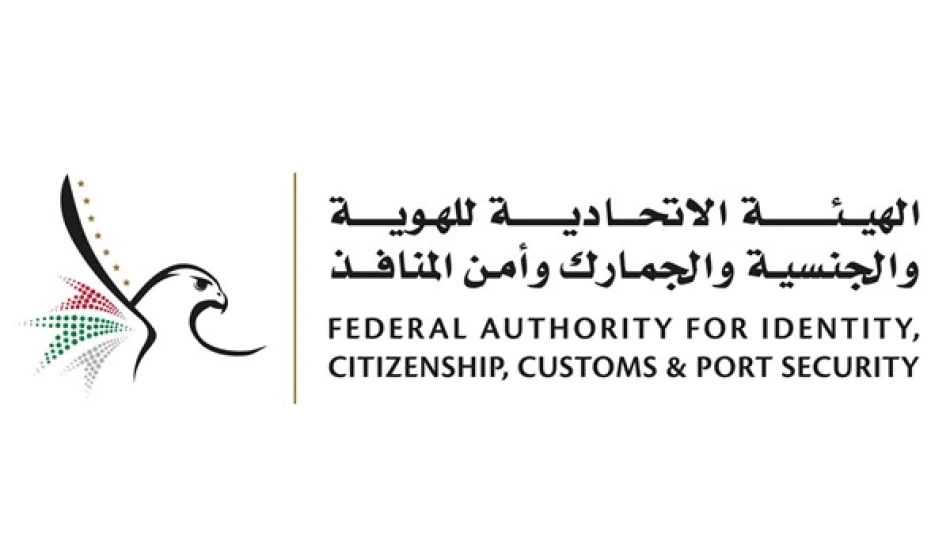
Crackdown on Foreign Residency Violations: Over 32,000 Offenders Apprehended in 6 Months
UAE Intensifies Immigration Crackdown: Over 32,000 Violators Detained in Six Months
The UAE's Federal Authority for Identity, Citizenship, Customs and Port Security has detained more than 32,000 immigration law violators in the first half of 2025, signaling an unprecedented intensification of the country's efforts to regulate its foreign workforce and maintain social stability. With 70% of those caught already deported, the campaign reflects the Emirates' determination to balance economic openness with stricter population control.
Systematic Enforcement Under "Safer Society" Initiative
The mass detention operation, conducted under the slogan "Towards a Safer Society," represents one of the UAE's most comprehensive immigration enforcement drives in recent years. Major General Suhail Saeed Al Khaili, Director General of the Federal Authority, emphasized that these campaigns aim to eliminate the phenomenon of violators while providing opportunities for legal residents to live and work within the law.
The scale of enforcement—averaging over 5,300 detentions per month—suggests the UAE is addressing a significant undocumented population that has likely grown alongside the country's rapid economic expansion. This mirrors similar crackdowns in Gulf states like Saudi Arabia, which detained over 3.8 million violators during its "Nation Free of Violators" campaign between 2017-2019.
Swift Processing and Deportation
The UAE's approach demonstrates remarkable efficiency in processing cases. With 70% of detainees already deported after completing legal procedures, the Emirates appears to have streamlined its deportation system significantly compared to previous years when bureaucratic delays often extended detention periods.
The remaining 30% are either awaiting transfer to specialized authorities or being given opportunities to regularize their status—a pragmatic approach that acknowledges the economic value of certain workers while maintaining legal boundaries.
Economic and Social Implications
Labor Market Restructuring
This crackdown likely serves multiple strategic purposes beyond simple law enforcement. The UAE has been gradually shifting toward a more skilled, legally-compliant workforce as part of its post-oil economic diversification. By removing undocumented workers, the country creates pressure for employers to formalize labor relationships and potentially drives up wages for legal residents.
The timing is particularly significant as the UAE prepares to host major international events and continues positioning itself as a global business hub. A more regulated population supports the country's image as a stable, law-abiding jurisdiction attractive to international investors and multinational corporations.
Regional Competition for Talent
While the UAE tightens immigration enforcement, regional competitors like Qatar and Saudi Arabia have been launching new visa programs to attract skilled workers. The Emirates' dual approach—strict enforcement combined with new residency pathways for qualified professionals—suggests a calibrated strategy to upgrade its demographic composition rather than simply reduce numbers.
Broader Enforcement Strategy
Al Khaili's warning that the authority will not tolerate violations and will pursue both violators and those who employ or shelter them indicates a comprehensive approach targeting the entire ecosystem supporting undocumented residence. The mention of strict penalties and financial fines for employers suggests the UAE is addressing demand-side factors that encourage illegal employment.
This employer accountability aspect distinguishes the current campaign from previous enforcement efforts that focused primarily on individual violators. By threatening businesses that hire undocumented workers, the UAE aims to eliminate economic incentives that sustain illegal residence.
Long-term Implications
The sustained nature of these operations—with authorities emphasizing their continuation—suggests this represents a permanent shift in enforcement posture rather than a temporary campaign. This could reshape the UAE's labor market dynamics, potentially leading to wage increases in sectors heavily dependent on undocumented workers, such as construction and hospitality.
For the broader Gulf region, the UAE's systematic approach may establish a new standard for immigration enforcement, particularly as other countries face similar pressures to balance economic needs with social stability and regulatory compliance.
Most Viewed News

 Layla Al Mansoori
Layla Al Mansoori






